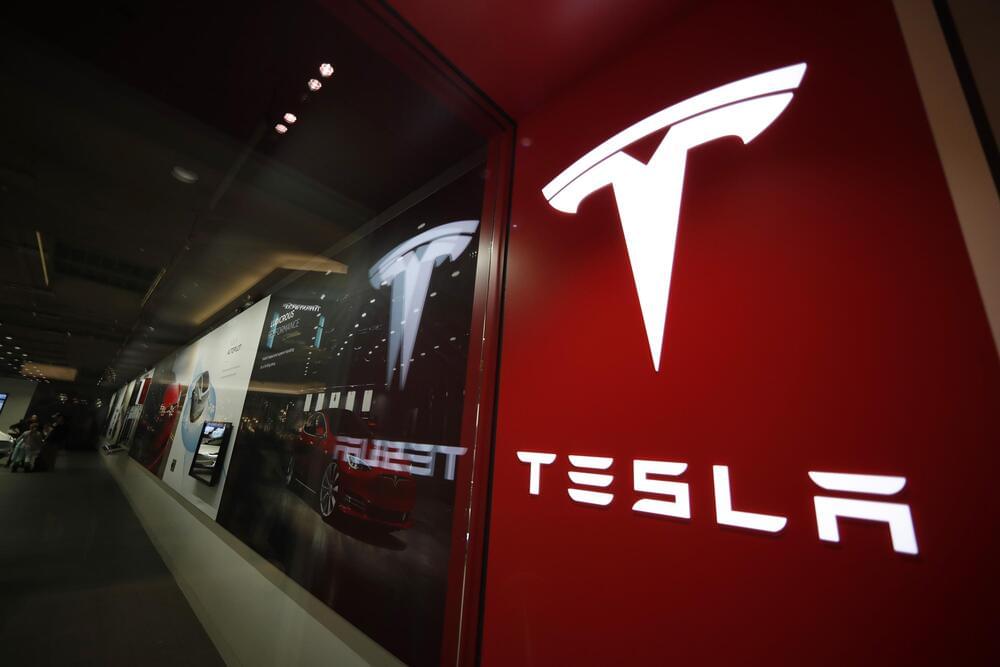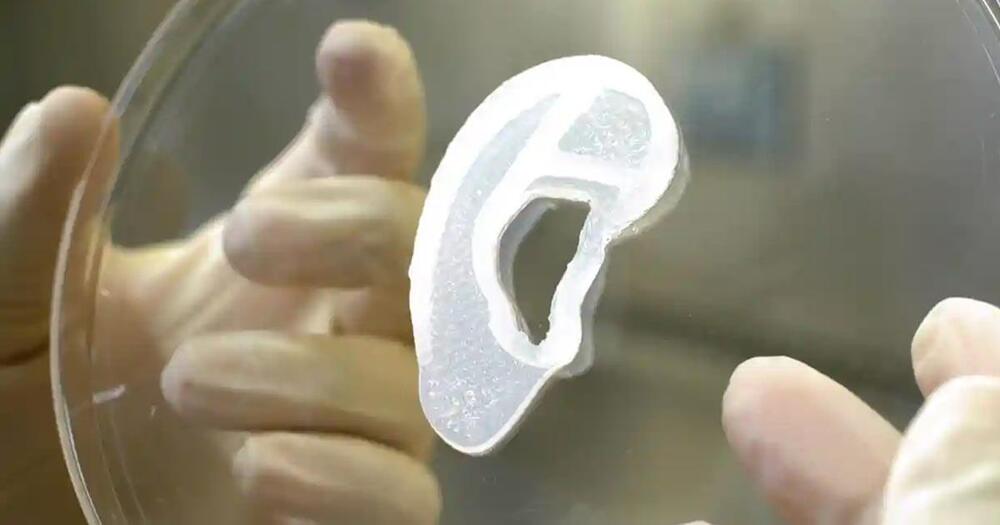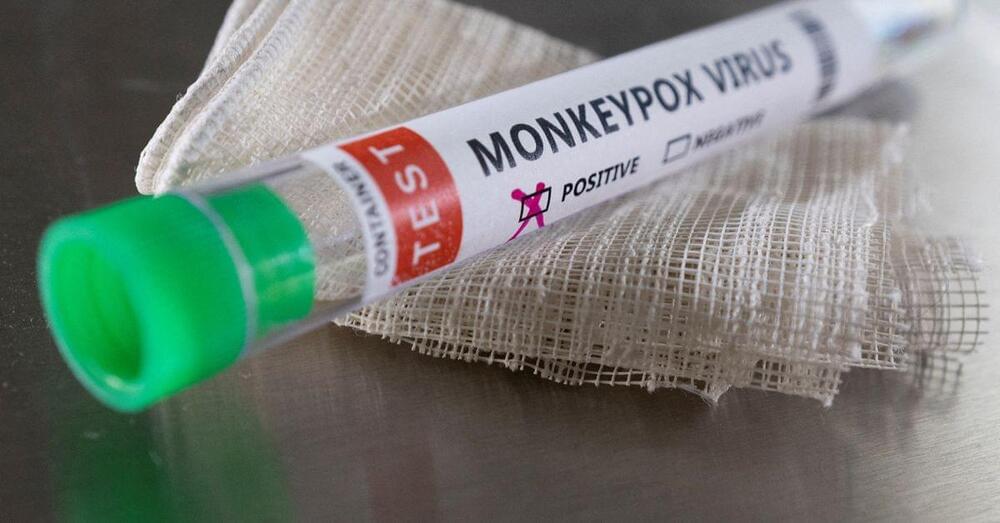Scientists have measured an upper-bound to the size of the Universe using the Cosmic Microwave Background (CMB) temperature gradient field [1]. The results show that the universe is most likely multiply connected, which means that it is finite, and the topology is such that it closes back in on itself—such that on the largest scale the universe has the geometry of a torus (and has a global positive curvature). This is contrary to the conventional cosmological models of the universe that model it as spatially infinite and topologically flat—assumed parameters that the researchers of the latest study demonstrate do not match the CMB temperature gradient data.

If the universe were spatially infinite and topologically flat, then the temperature fluctuations seen in the CMB would occur across all size scales—however this is not what is observed in the data. If, instead, the universe has a finite size and a multiply connected topology, like that of a torus, then in the early universe when the CMB was first emitted temperature fluctuations would be restricted in size since they could not be larger than the universe at that time. This would be observable in the extant CMB temperature gradient as a specific wave-length cut-off, which has now been described and demonstrated in a comprehensive analysis of the observed Planck CMB maps.
One of the researchers on the team that performed the study— astrophysicist Thomas Buchert, of the University of Lyon, Astrophysical Research Center in France— told Live Science in an email “We could say: Now we know the size of the universe” [2]. As reported by Live Science, Buchert further explained “In an infinite space, the perturbations in the temperature of the CMB radiation exist on all scales. If, however, space is finite, then there are those wavelengths missing that are larger than the size of the space.”









